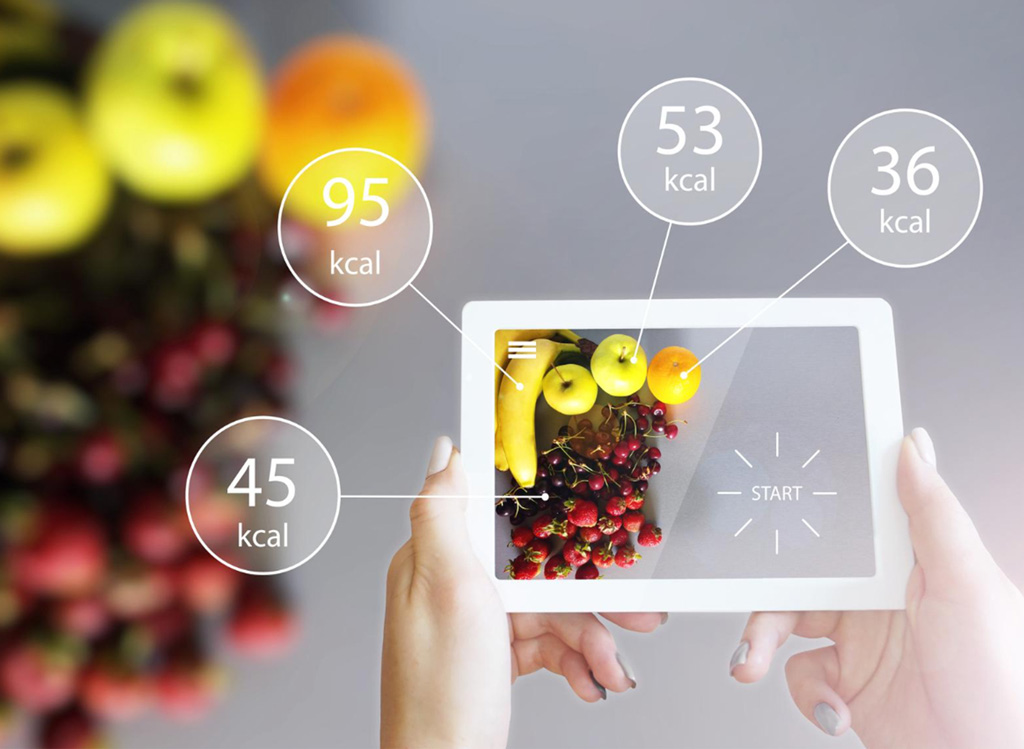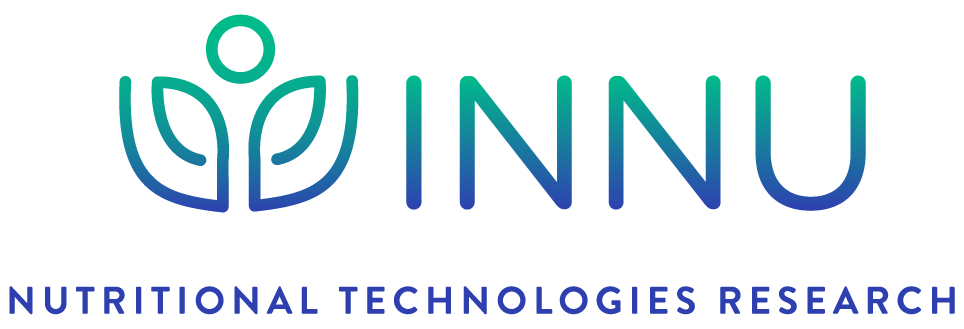
The $10.5 billion plant-based protein industry, growing annually at 11-14%, is projected to continue this trend until at least 2030.
Nutritional Technologies Research (INNU) has been creating protein-rich ingredients through innovative technologies since 2013, utilizing accessible and cost-effective raw materials such as oil industry by-products, aquatic plants, insects, and legumes. We focus on developing protein ingredients, studying anti-nutritional compounds, and modifying protein structures. The economic success of these processes is measured through factors like ingredient purity, process energy efficiency, and product quality, while maintaining optimal amino acid profiles and digestibility.

Recently, we’ve broadened our research to study obesity in the Mexican population, with two major focuses. The first is a partnership with the Institute for Obesity Research’s Integrative Biology Unit to study breast milk composition and maternal health. The second involves expanding protein research to understand how proteins can reduce total caloric intake, provide a longer-lasting sensation of fullness, slow glucose absorption, and offer health benefits related to obesity-related diseases.
Our obesity research encompasses around 11 different projects, including internships, theses, and business-related projects. Additionally, we’re studying advanced technologies for treating breast milk in milk banks to maintain its original functionalities, considering its link to childhood obesity rates.

We’re also integrating social and environmental aspects into our obesity study models, in collaboration with the international Eisufood network. This has led to the development of tools such as the Knowledge and Perception of Edible Insects (KPEI) scale, assessing gender issues in food and food purchase decisions, especially in Mexico and Latin America.

